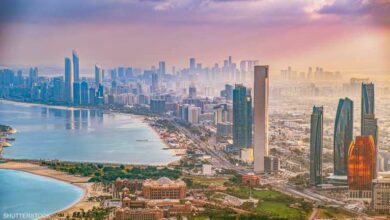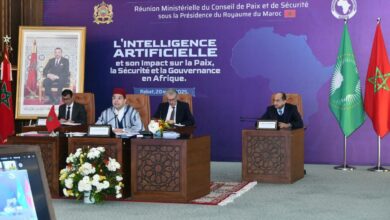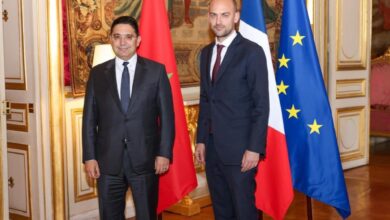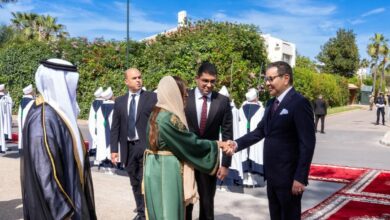After Algeria Refuses to Reopen Morocco Pipeline, Spain Signs New Gas Deal with Oman
After Algeria Refuses to Reopen Morocco Pipeline, Spain Signs New Gas Deal with Oman
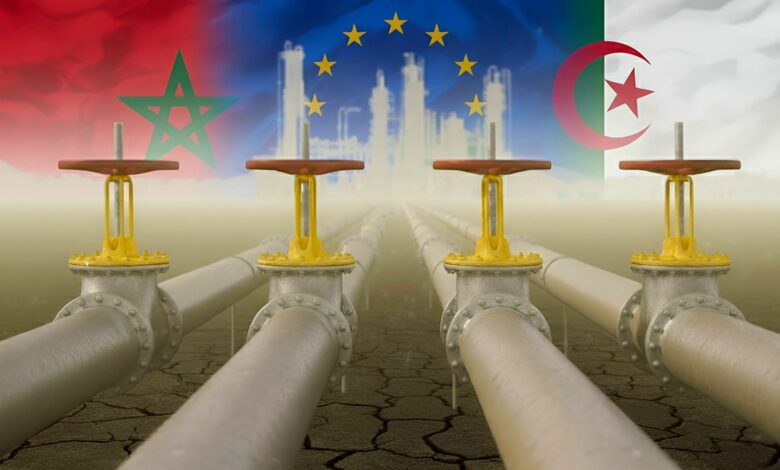
By Iman Alaoui
In recent months, Algeria has rejected all Spanish proposals to reopen the Maghreb–Europe Gas Pipeline (GME), which runs through Morocco. This decision prompted Madrid to diversify its energy sources and sign a long-term agreement with the Sultanate of Oman to supply liquefied natural gas (LNG) for the next ten years.
The 1,600-kilometer pipeline, once one of the most important energy arteries in the region, had for decades provided Algeria with a direct route to Europe and allowed Morocco to receive part of its gas needs through transit fees. However, when the contract expired at the end of 2021, Algeria chose to shut off the valve entirely, cutting cooperation with Morocco rather than separating energy from its political disputes over the Moroccan Sahara issue.
This politically motivated decision did not weaken Morocco, as Algeria had hoped. Instead, it accelerated Rabat’s energy diversification strategy. Morocco began importing LNG from international markets and re-injecting it into its network through the same pipeline—this time in reverse flow, from Spain toward Moroccan territory. The pipeline, once a symbol of Maghreb cooperation, has thus become a stark emblem of Algeria’s diplomatic failure to grasp the balance of regional interests.
Spain, which also experienced temporary disruptions in its Algerian gas supplies, found in Algeria’s intransigence a strong incentive to strengthen partnerships with more reliable and stable partners. The LNG deal with Oman marks a turning point in Madrid’s shift toward energy diversification and away from Algerian dominance. Under the agreement, Oman will supply Spain with LNG for ten years, enhancing the country’s energy security and granting it greater independence in shaping its energy policies.
Meanwhile, Algeria has lost one of its most strategic bargaining chips in Europe. Once reliant on the Maghreb–Europe pipeline to maintain both economic and political influence on the continent, Algeria is now confined to a single export route—the Medgaz pipeline, which connects it directly to Spain via the Mediterranean. This dependence has reduced its flexibility in the European gas market and weakened its image as a reliable supplier, at a time when producing countries are fiercely competing to secure their shares in Europe’s energy-hungry market.
In contrast, Morocco has swiftly built a new web of energy partnerships with the United States, Nigeria, Norway, and Saudi Arabia. Algeria, however, remains trapped in outdated political calculations, seemingly unaware that in the world of economics, obstinacy and historical grudges carry no value. Through a short-sighted decision, Algiers has effectively sidelined itself from the North African and European energy equation—while Morocco gained strategic flexibility and Spain gained new, trustworthy allies.
Algeria’s closure of the pipeline was not a blow to Morocco or Spain; it was a self-inflicted wound. When politics takes precedence over energy, a nation loses its economic sense—and pays dearly in credibility and global standing. With the new Oman–Spain gas deal, it has become increasingly evident that the “stubborn folly of the generals” has not only cost Algeria a key strategic partnership but also paved the way for a new Mediterranean energy order—one in which ideological obstinacy has no place.

